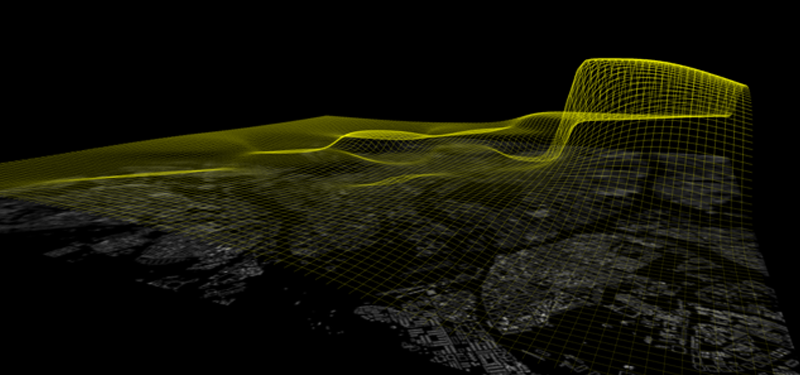
Health Issues
General health concerns: Asthma, bronchitis, lung cancer, heart complications and early death are some of the effects of high particulate (PM10) inhalation. The relationship between PM10 inhalation and Alzheimer’s disease is currently being studied.
Your respiratory system - the first affected: Initial PM10 inhalation damages the nose, throat and jolt. Over time PM10 can accumulate in the lungs and inhibit the breathing process.
Actions
Reduce vehicular traffic!
Sulfur dioxide /
Carbon monoxide /
Nitrogen dioxide /
Particulate /
Ozone
Particulate
General Information: A variety of floating particulate (PM10) comprise the dust of cities. Many particles are dangerous for humans and animals to inhale because they cause lung damge. The daily annual median acceptable level of PM10 is 40 µg/m³. In 2010 this will change 20 µg/m³. The daily maximum median acceptable PM10 intake is 50 µg/m³.
Emissions: Particulate (PM10) emissions can be natural (earth dust, forest fires) or artificial (car motors, electrical stations and construction sites). More of the 70% of the PM10 is produced by traffic, 10% is caused by electricial stations.